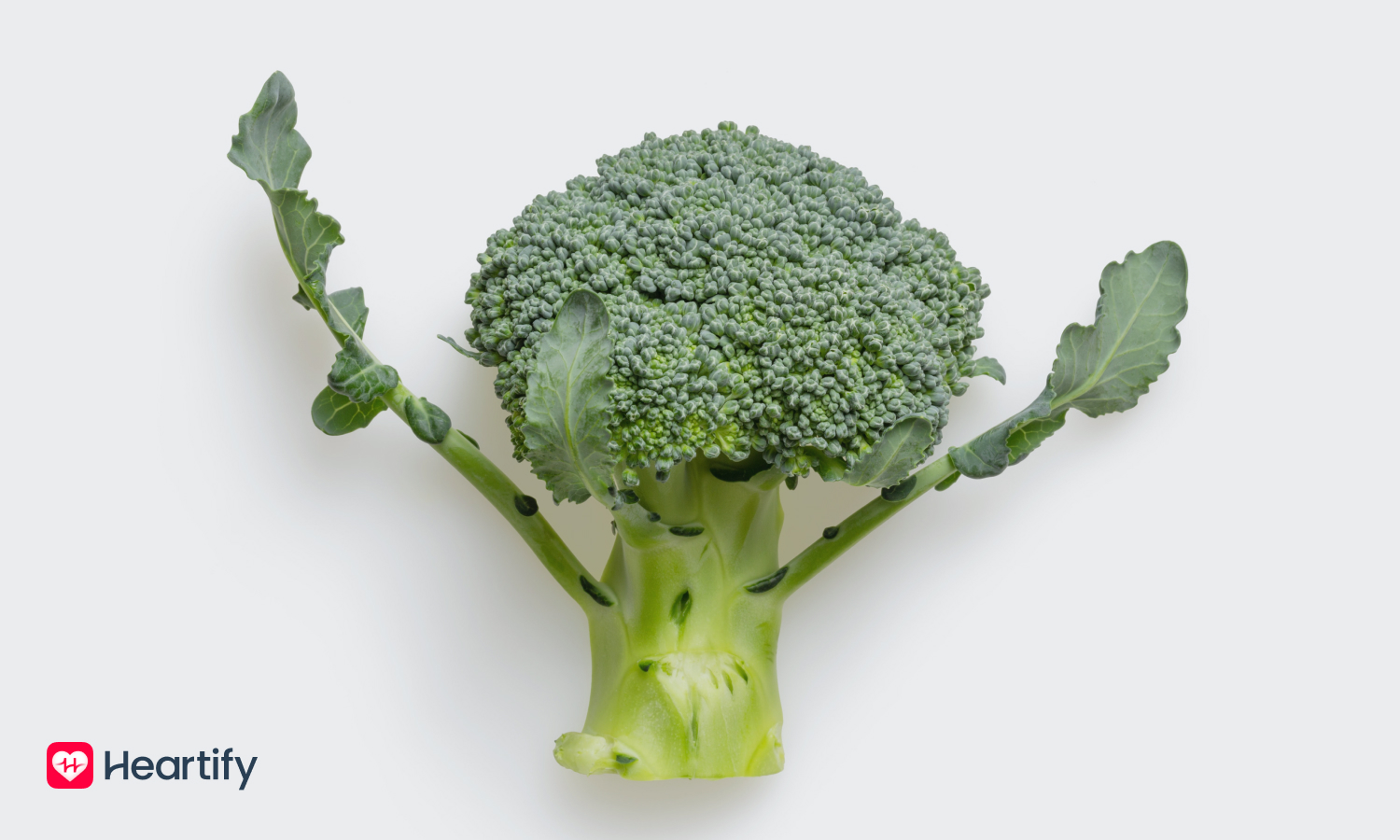The connection between diet and HRV has been studied for decades. Foods high in fat and sugar have been shown to decrease HRV, while foods high in fiber and antioxidants - increase HRV. That is why a healthy diet is essential for maintaining a healthy heart and preventing cardiovascular diseases. One way to increase your HRV (and you should if that's what works for you) is learning more about plant-based eating. In this blog post, we will discuss the pros and cons of this type of diet.
What is a plant-based diet?
Plant-based or plant-forward eating patterns focus on foods primarily from plants – not only fruits and vegetables but also nuts, seeds, oils, whole grains, legumes, and beans, coupled with lower consumption or exclusion of animal products.
Types of diet
There are many different types of plant-based diets. However, they all generally involve eating few to no animal-based foods, including meat, fish, dairy, eggs, or foods containing these ingredients. The most popular ones are:
- Semi-vegetarians include a small amount of meat, poultry, fish, and seafood. They might also have dairy foods and eggs. This flexible type of eating is a good starting place for individuals looking to incorporate more plant-based meals.
- Pescatarian includes shellfish and fish.
- Lacto-vegetarian exclude meat, fish, poultry, and eggs but include dairy products such as milk, cheese, yogurt, and butter.
- Lacto-ovo vegetarian include eggs and dairy products but exclude meat, fish, poultry, and any consequences that contain these foods.
- Ovo-vegetarian exclude meat, poultry, seafood, and dairy products but allow eggs.
- The whole-food, plant-based diet is practically the same, excluding all animal-derived products and ingredients. This diet is centered on whole and minimally refined plant-based foods, which include bleached flour, refined sugar, and oil.
Benefits
Plant-based diets are rich in fiber, vitamins (A, C, and E), and minerals that help lower blood pressure and LDL (bad) cholesterol, improve blood sugar levels and reduce the risk of diabetes. They are also rich in antioxidants and phytochemicals, which protect against chronic diseases such as heart disease, stroke, cancer, and diabetes. Not to mention, plant-based diets are also environmentally friendly and sustainable, so it helps to maintain a healthy weight.
The new study, “Plant-centered diet and risk of incident cardiovascular disease during young to middle adulthood,” tracked almost 5,000 young adults aged 18–30 years for 32 years. None of the participants had heart problems when the study started. By the end of the study, nearly 300 people had developed cardiovascular disease. Moreover, after adjusting for various factors, including race, sex, and educational attainment, the researchers also found that people with the most plant-based diets and a higher diet quality score were 52% less likely to develop heart issues than those following the least plant-based diets. Another study also shows that people who eat a plant-based diet have an 8-32% lower risk of developing or dying from heart disease when compared to those who eat an omnivorous diet.
We prepared 5 tips to start eating a plant-based diet:
- Start by incorporating more fruits and vegetables into your meals. Add them to smoothies, oatmeal, salads, etc.
- Experiment with meatless Mondays or vegetarian Wednesdays. There are tons of delicious recipes available online or in cookbooks.
- Make sure you’re getting enough protein! Incorporate beans, legumes, tofu, tempeh, nuts, and seeds into your diet.
- Drink plenty of water and limit your intake of processed foods, sugary drinks, and alcohol.
- And finally, listen to your body! Everyone is different and will need to experiment with other foods to see what works best for them.
Respectfully yours,
Heartify







